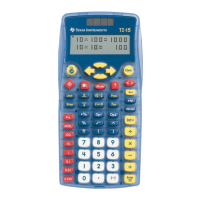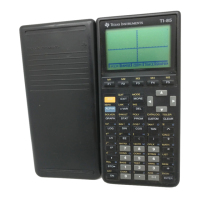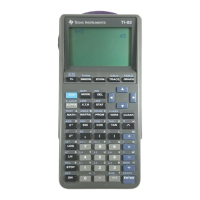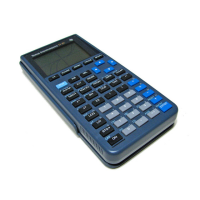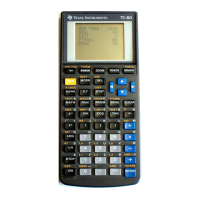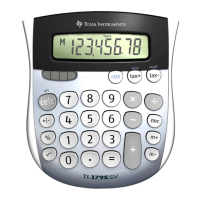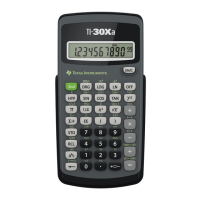692 Programming
• A function can refer to any variable; however, it can store a value to a
local variable only. Programs can store to local and global variables.
Note: Arguments used to pass values to a function are treated as
local variables automatically. If you want to store to any other
variables, you must declare them as
Local from within the function.
• A function cannot call a program as a subroutine, but it can call
another user-defined function.
• You cannot define a program within a function.
• A function cannot define a global function, but it can define a local
function.
Calling one program from another
One program can call another program as a subroutine. The subroutine
can be external (a separate program) or internal (included in the main
program). Subroutines are useful when a program needs to repeat the
same group of commands at several different places.
Calling a separate program
To call a separate program, use the same syntax that you use to run the
program from the entry line.
Defining and calling an internal subroutine
To define an internal subroutine, use the Define command with
Prgm...EndPrgm. Because a subroutine must be defined before it can be
called, it is a good practice to define subroutines at the beginning of the
main program.
An internal subroutine is called and executed in the same way as a
separate program.
Define subtest1()=
Prgm
For i,1,4,1
subtest2(i,i
¦1000)
EndFor
EndPrgm
Define subtest2(x,y)=
Prgm
Disp x,y
EndPrgm

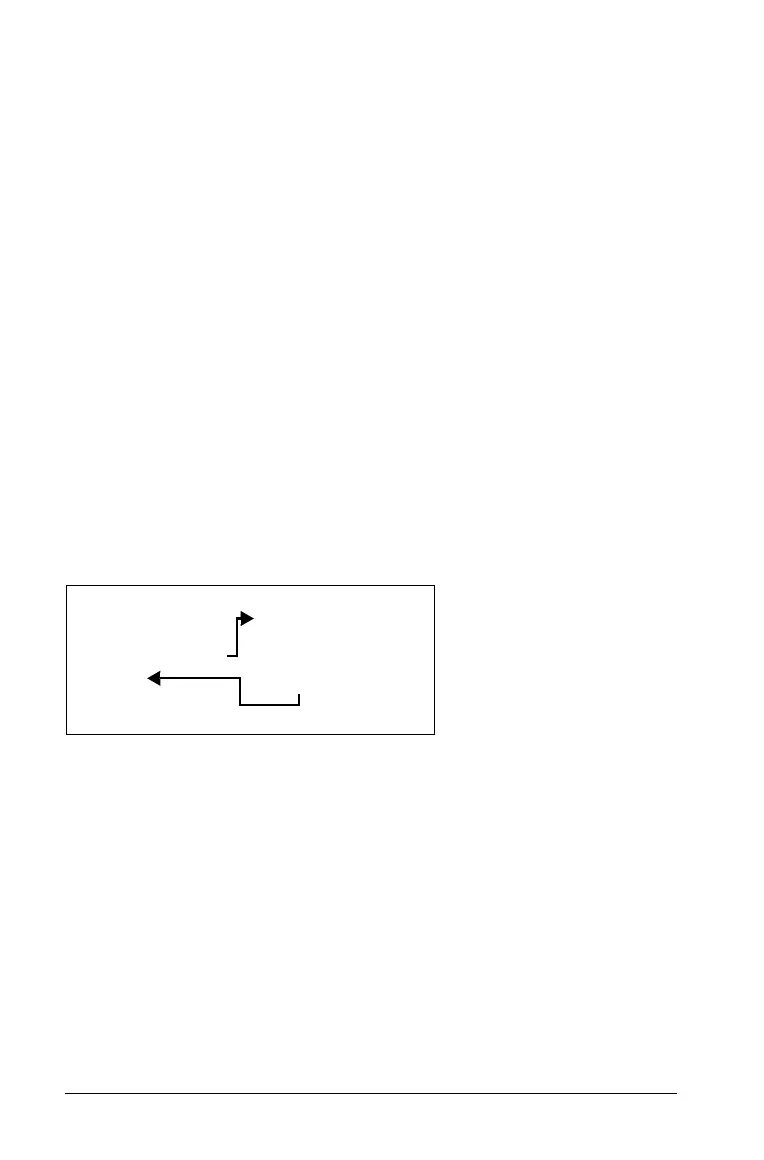